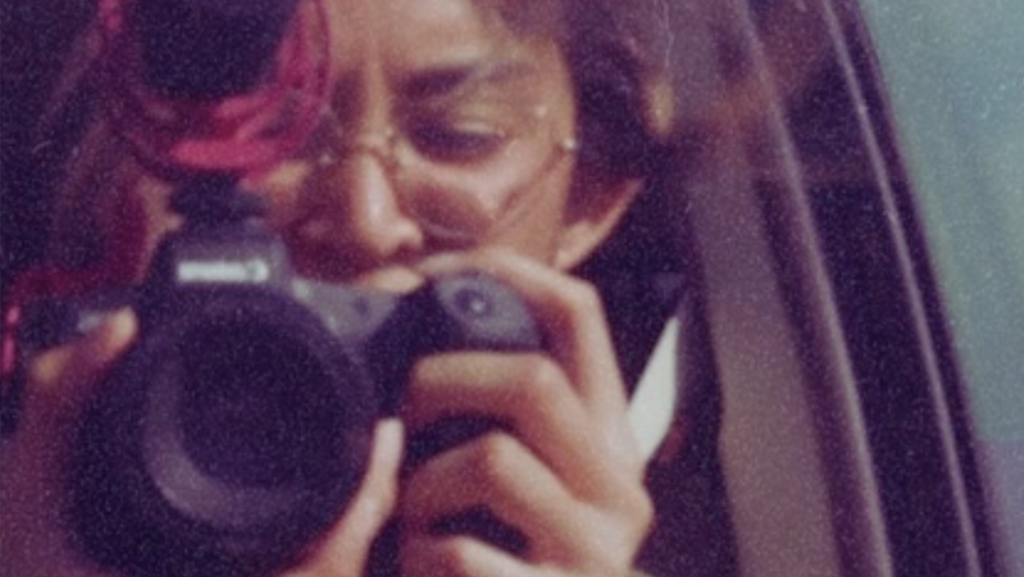Filipino director’s take on cinematic odyssey ‘Who We Become’

Photo from pjraval/Instagram
In this modern era dominated by reels in social media, more often than not, the real thing is often left unspoken. Racial injustices being one of them is an ongoing issue that makes the movie “Who We Become” still timely despite it being filmed back in 2020 to 2021.
While a recent study confirms most Asian Americans are grappling with racial discrimination, this ongoing issue is evident in this self-documented film currently streaming on Netflix.
Director PJ Raval from Austin, Texas peeked into the lives of three brave Filipinas who spoke their truth. Taking us on a cinematic odyssey of different and relatable narratives, the stories go way back to the pandemic era.
View this post on Instagram
When asked in an interview with Texas Standard about the film, Raval quips, “We’re living in unprecedented times—lots of division, lots of divisiveness. This film is a bit of a coming-of-age documentary.”
Three protagonists navigating the pandemic dramas
As the film kicks off, we’ll see how Lauren dealt with her college graduation via Zoom — a plot that’s normal during the early days of lockdown, capturing the meaning of resilience.
Next up is Monica, who bravely declared her intention to go to a Black Lives Matter protest to which her parents are opposed to.
View this post on Instagram
“They encouraged her to stay home, but Monica had her own script to write. The journey begins, setting her on an uncharted path,” said Raval.
Also in the center stage of this film is Jenah Maravilla, a former nurse turned activist in Houston.
“Jenah’s pandemic self-reflection echoes what many of us felt. Questioning life choices, she embarks on a quest to discover where she stands in this moment of upheaval,” noted Raval.
You may also like: This slice-of-life short film set during a Fil-Am Thanksgiving is free to watch
“Who We Become” on respect, love and ‘kapwa’
“Every documentary is personal,” Raval affirms. “Seeing these three Filipino American women together resonates with my own family experiences. In Filipino culture, love and respect for parents prevail, allowing for vulnerable conversations even amid differing opinions.”
“Who We Become” weaves the Filipino concept of “kapwa” — a word that Raval shared at the start of the film. It’s a Filipino language but doesn’t have a direct translation in English, another beautiful Filipino word to add to your vocabulary.
View this post on Instagram
As Raval puts it, “It’s like ‘togetherness,’ ‘shared identity,’ or ‘community.’ A guiding principle, kapwa extends beyond individuals, connecting us to the larger community.”
Filipino women’s perspective in the spotlight
When asked about the importance of highlighting Filipino women in the film, Raval stated, “In Filipino culture, holding different viewpoints can be a fracturing experience for families. The idea of love and respect for parents guides these Filipino Americans to be vulnerable, have difficult conversations, and navigate the space between generations.”
On incorporating his life experiences in the narrative, Raval reflects, “When watching the film and seeing different family members, I think of my own family. That’s why I was interested in having three Filipino American women. Seeing them together, we understand common experiences.”
Each plot speaks of love, resilience and the unwavering spirit of a community going through tough times.
As the credits roll and the lights dim, “Who We Become” leaves a mark on our perspectives. After all, in the tapestry of our own lives, we are all protagonists.

